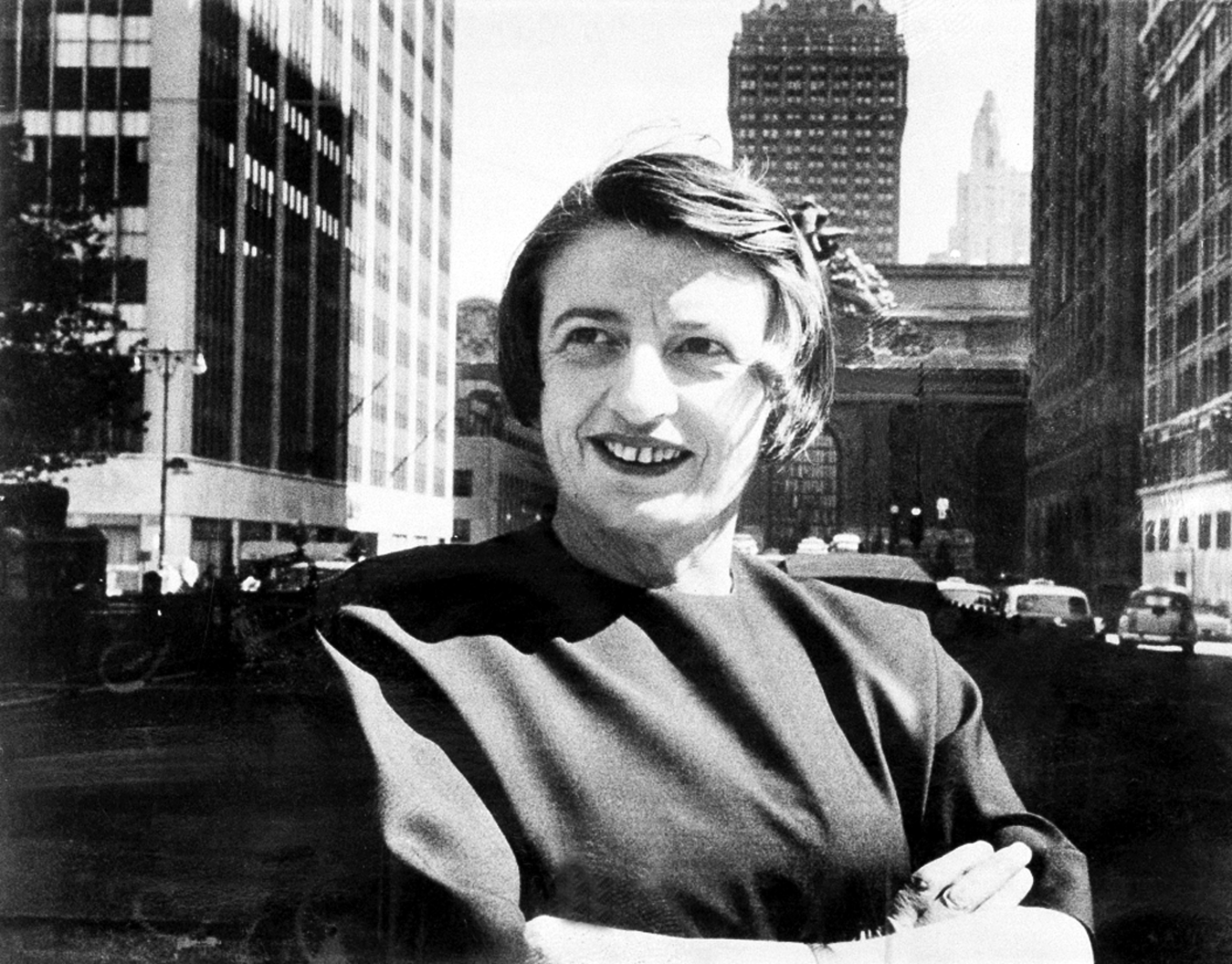“Who is John Galt?” That line, which motivated millions of readers to slog their way through Ayn Rand’s tome Atlas Shrugged, is more than a plea to establish someone’s identity; it embodies Rand’s longing for the transcendent One, according to Rev. Robert A. Sirico.
The Acton Institute’s co-founder fleshed out his case when he sat down with David L. Bahnsen for the podcast Capital Record. Episode 9 is aptly titled, “Ayn Rand meets religion.”
Who was Rand searching for when she developed the champion of capitalism? “She’s completely mistaken about her epistemology, her metaphysics, her anthropology, and all the rest of it. But I think what she was looking for was the ideal man to worship,” said Rev. Sirico.
“I happen to think that she knows the answer to that question now,” Rev. Sirico added. “John Galt is Jesus Christ.”
Rev. Sirico noted the parallels between John Galt and the Second Person of the Trinity as presented in the four Gospels:
[S]he was looking for the one who animates the world, the one who is hated by the world, and in fact in the novel has five wounds inflicted upon his body in the end – and the people who are inflicting it couldn’t even do it without his help. And he … flies away with his bride, to go to that place where his own apostles are … and as they see the collapse of the world, there’s this image of John Galt with a cigarette tracing the sign, not of the cross, but of the dollar.
“This is iconography borrowed from Russia, the icons of Russia,” Rev. Sirico said. “She borrowed these things and distorted them.”
He added that Rand’s “anger” made her “an evangelical atheist” and “one of the most intolerant people” of her time.
William F. Buckley Jr., whom both men remember fondly, once recounted that Rand’s first words upon meeting him were: “Mr. Buckley, you are too intelligent to believe in Gott!”
Rev. Sirico summarized, “She was asking the right questions and getting the wrong answers.”
In the 41-minute interview, the two men also discuss:
- “The three really popular and very predominant errors” threatening a free and virtuous society – and the one mistake they share in common;
- The misguided spirituality of greed – particularly why “we always desire more, because we’re desiring God – but we settle for baubles”;
- Whether supply-side economists like Arthur Laffer and Jack Kemp “hurt themselves by not ‘Actonizing’ their message 30 years ago”;
- The genesis of modern economics among the Scholastics, particularly the School of Salamanca;
- Why everyone should know the name and work of the late Edmund Opitz of FEE;
- The fact that Friedrich von Hayek, “at the end of his life, called for a priest”; and
- Why the Acton Institute “quite intentionally” chose to be ecumenical.
Many of these questions come down to the respect of the human person and the question that follows any rich Christian anthropology: “Are we going to coerce people, or are we going to inspire people?”
You can listen to the interview here.

